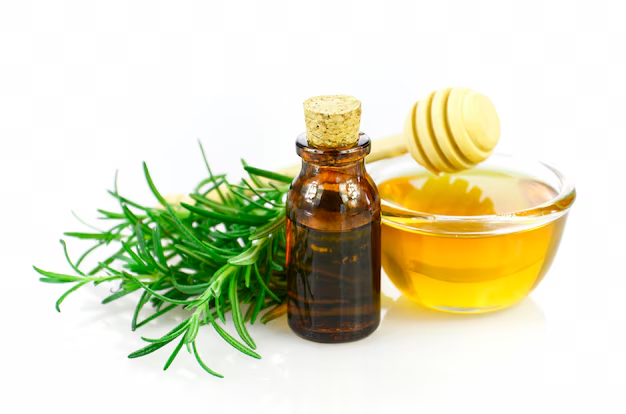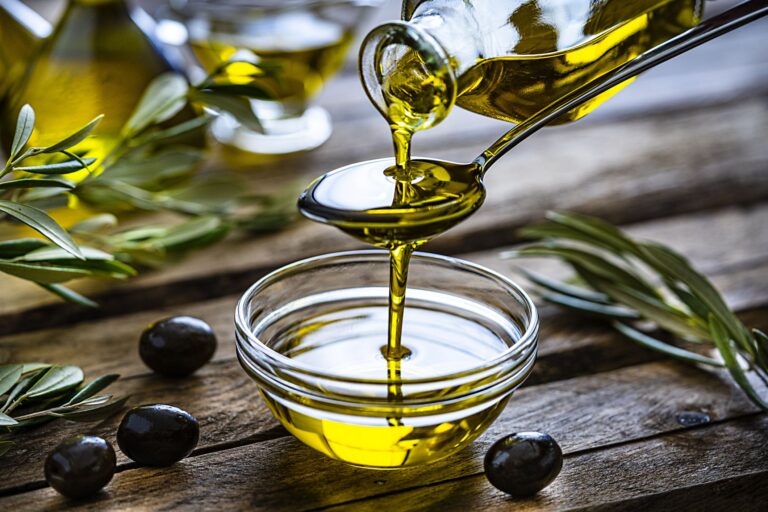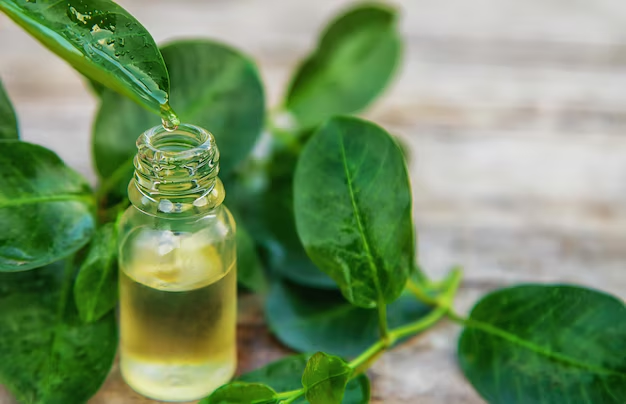
Introduction
If you’ve been on a search for healthier, longer locks, chances are you’ve heard of rosemary oil and castor oil as two of the most highly recommended natural solutions. But which one really does the trick? Both oils have been lauded for their potential to promote hair growth, heal the scalp, and halt hair thinning. Yet, they work in vastly different ways.
In this post, we’ll contrast rosemary oil vs. castor oil for hair growth, compare the two, read case studies in action, and inform you how to choose the better one according to your hair texture and problem. We shall discuss their importance as part of the general trend in the edible oil journey process, what edible oil is, and the role unrefined and refined edible oils play in the case of personal grooming.
Understanding hair growth and oil benefits
Hair growth is regulated by factors such as diet, genetics, and scalp health. The application of proper oils can increase circulation, moisturize the scalp, and tighten follicles, resulting in healthier, thicker hair.
What is rosemary oil?
Rosemary oil is an essential oil that is obtained from the Rosmarinus officinalis plant. The oil has been utilized for decades in folk medicine due to its circulation, antimicrobial, and anti-inflammatory properties. Research indicated that rosemary oil encourages hair growth by enhancing circulation to the hair follicles as well as inhibiting hair thinning.
Key benefits of rosemary oil for hair growth
- Influences blood circulation on the scalp: Stimulates circulation of hair follicles to enhance growth.
- Blocks DHT: Inhibits dihydrotestosterone (DHT), the balding hormone.
- Antimicrobial: Prevents the scalp from being infected, which hinders hair growth.
- Subdues inflammation: Soothes scalp problems such as dandruff and inflammation.
- Cold-press oils are more nutritious for you: Cold-press rosemary oil is rich in more nutrients than processed oil.
What is castor oil?
Castor oil is a viscous, hydrating vegetable oil extracted from the Ricinus communis seed. Castor oil is not an essential oil like rosemary oil but is very moisturizing and ricinoleic acid-rich, an omega-9 fatty acid hair-strengthening agent.
Key benefits of castor oil for hair growth
- Highly moisturizing: Drives dryness and scalp itch away.
- Strengthens hair strands: Reduces breakage and splitting.
- Thick-looking hair: Fluffs out hair, giving the impression of thicker hair.
- Antibacterial and antifungal: Antiseptics against scalp infection.
- Most commonly consumed edible oil: It is also used widely in health treatment and personal care.
Comparing rosemary oil vs. castor oil
Hair growth stimulation
While both oils promote hair growth, rosemary oil works by stimulating blood circulation and blocking DHT, while castor oil provides complete hydration and nutrition to the follicles. If your hair loss is due to hormonal imbalance, you can use rosemary oil since it would be more appropriate.
Application and absorption
- Rosemary oil: Light and easily absorbed; usually blended with carrier oils such as coconut or jojoba oil.
- Castor oil: Extremely viscous and tar-like; most effective when blended with less viscous oils for ease of application.
Scalp health and hydration
If you have a dry, itchy scalp, the deep conditioning ability of castor oil may be more useful. In the case of oily scalps with dandruff, the antimicrobial action of rosemary oil is preferable.
Case studies & real-life experiences
Case study 1: Rosemary oil for hair regrowth
A 2015 study in Skinmed contrasted rosemary oil with minoxidil (a popular treatment for hair growth). For six months, individuals who used rosemary oil experienced considerable hair growth, similar to those who used minoxidil, but with less side effects such as scalp irritation.
Case study 2: Castor oil for strengthening hair
A user study in a hair care company showed 75% of subjects who applied castor oil two times per week for three months saw their hair look thicker, healthier-looking with observable decreases in dryness and breakage.
Pros & cons of each oil
Rosemary oil
✅ Stimulates blood circulation for faster growth
✅ Blocks DHT, reducing hair loss
✅ Lightweight and easy to apply
❌ Requires consistent use over months for visible results
❌ May cause irritation if used undiluted
Castor oil
✅ Deeply nourishes and hydrates hair
✅ Strengthens hair and reduces breakage
✅ Provides a thicker hair appearance instantly
❌ Very thick and difficult to wash out
❌ Doesn’t directly stimulate hair growth like rosemary oil
How to use rosemary and castor oils for maximum hair growth
Rosemary oil application
- Mix 3-5 drops of rosemary oil with a carrier oil (like coconut oil or jojoba oil).
- Massage into the scalp for 5-10 minutes to improve circulation.
- Leave on for at least 30 minutes before washing.
- Use 3-4 times a week for best results.
Castor oil application
- Mix 1 tablespoon of castor oil with a lighter oil (e.g., almond oil or argan oil).
- Apply to the scalp and through the lengths of your hair.
- Leave on for at least 1-2 hours (or overnight for deep conditioning).
- Shampoo thoroughly to remove residue.
FAQs
Q: Can I use rosemary oil and castor oil together?
Yes! Mixing both can provide the benefits of circulation-boosting rosemary oil and deeply moisturizing castor oil.
Q: How long does it take to see results?
Most users notice improvements within 3-6 months of consistent use.
Q: Which oil is better for preventing hair thinning?
Rosemary oil is more effective for hormonal hair loss as it blocks DHT.
Conclusion
Both rosemary oil and castor oil are effective hair remedies, but depending on your hair requirements, the right choice is yours. If you need faster hair growth and scalp stimulation, rosemary oil is ideal. If you need deep moisturizing and stronger hair strands, castor oil is better.
To get the best results, try to use both in your routine and check your progress after some months. How do you plan on using these oils in your hair care routine?




